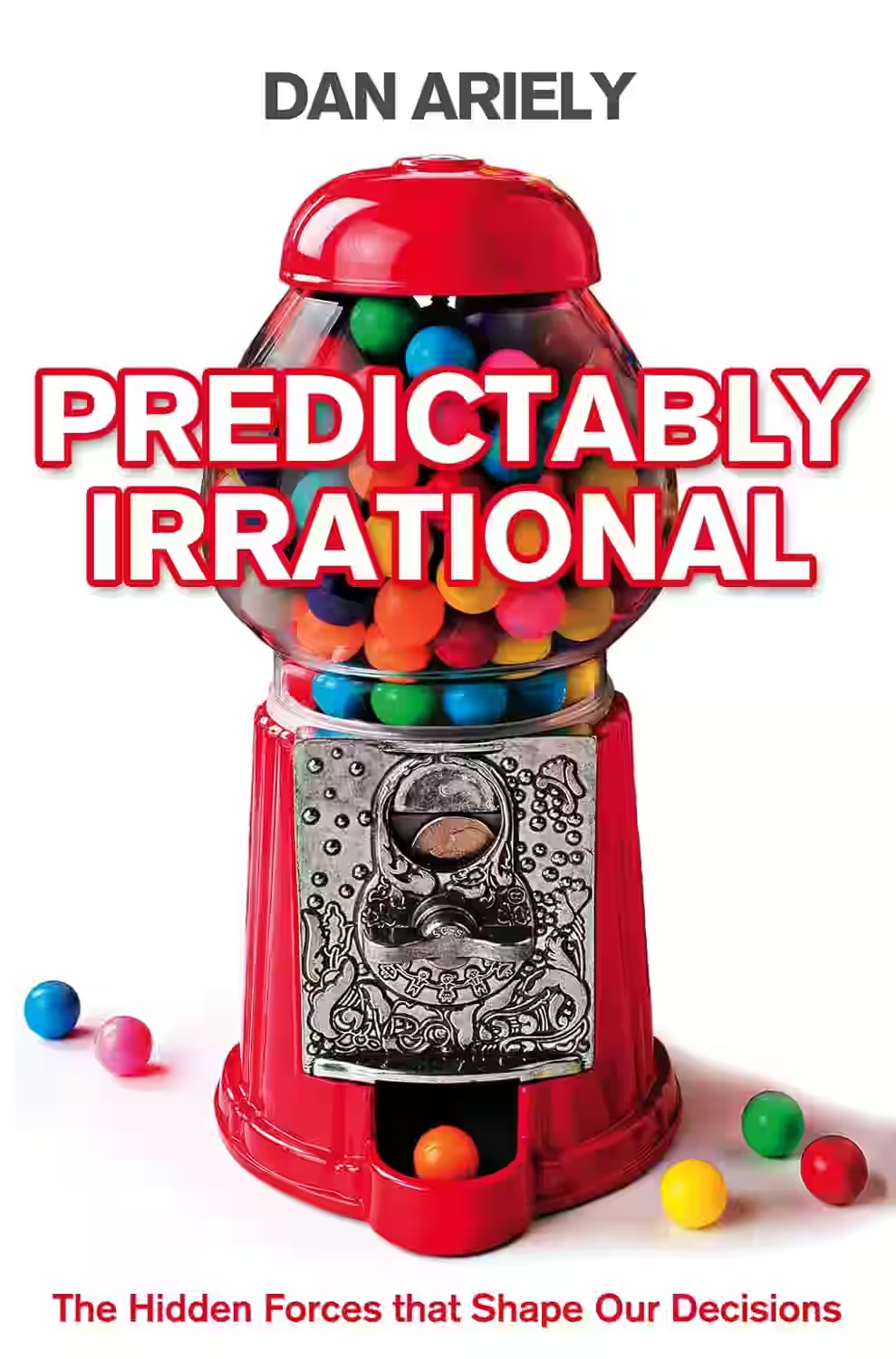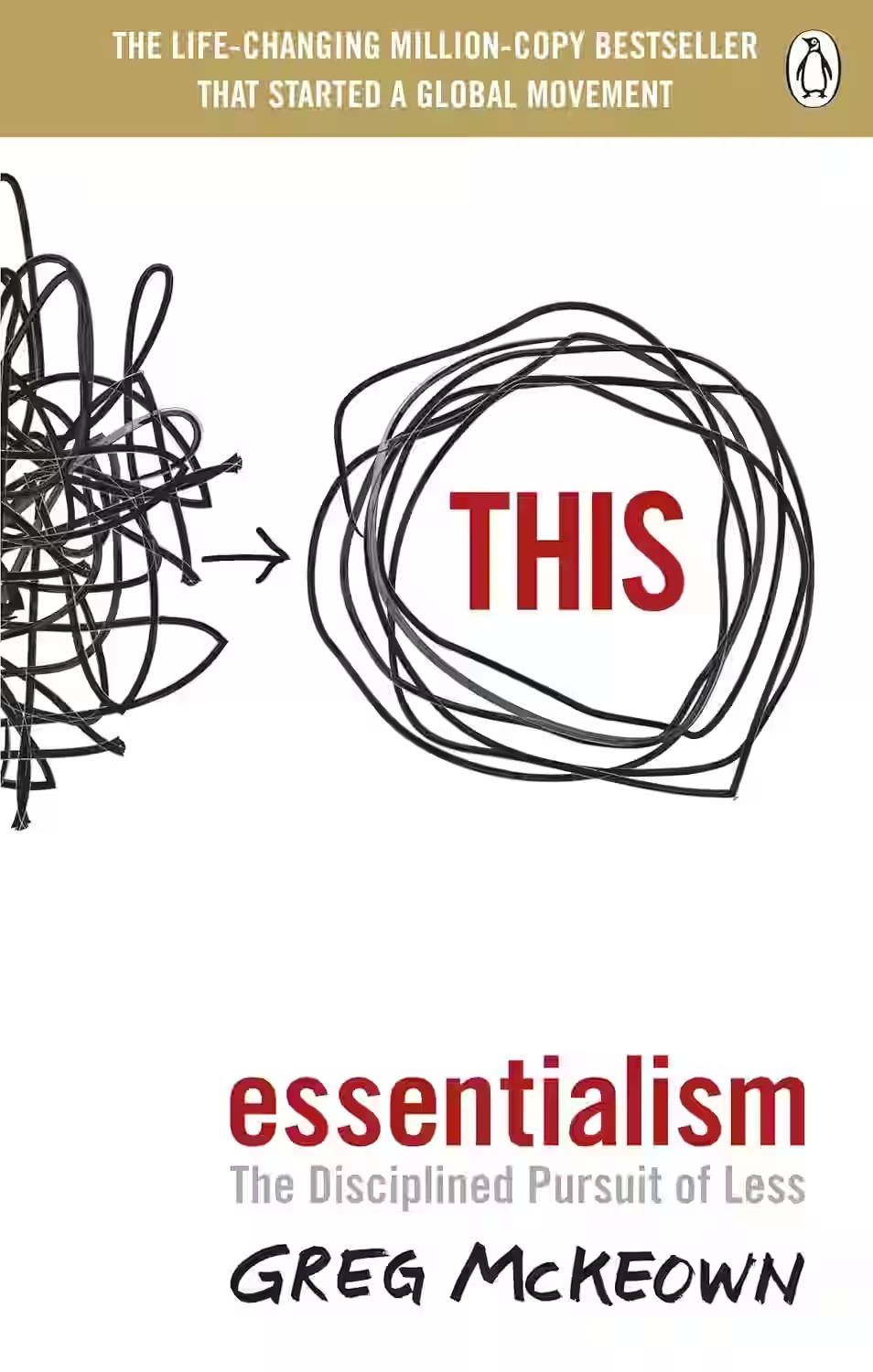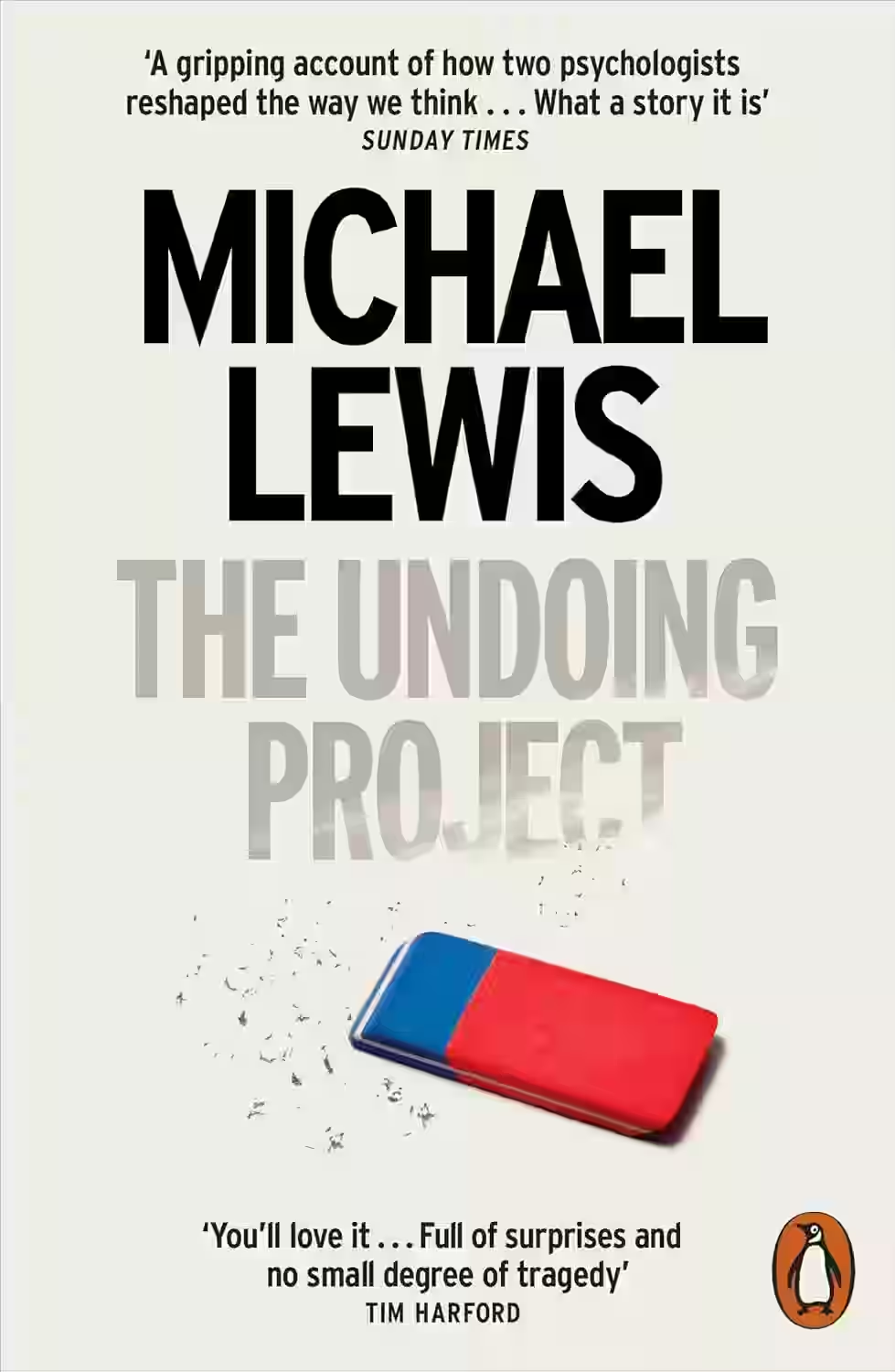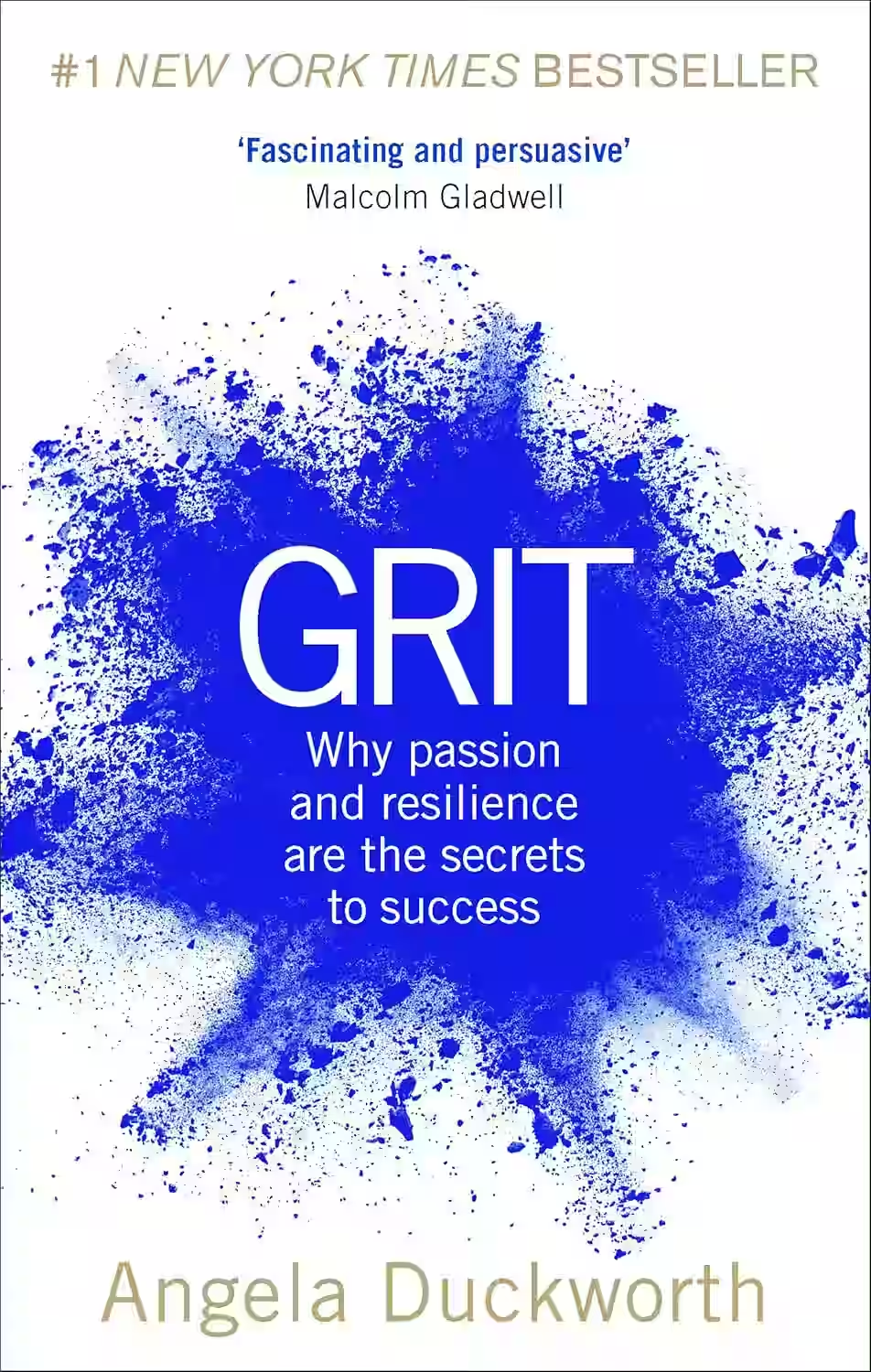
In 'Predictably Irrational', Dan Ariely explores the fascinating world of behavioral economics, shedding light on the irrationality that governs our decision-making processes. Through a series of thought-provoking experiments and real-life examples, Ariely challenges the traditional economic theory that humans always act rationally. He delves into topics like the influence of social norms, the power of free offers, and the impact of emotions on our choices. This book offers readers an eye-opening journey into the hidden forces that shape our decisions, provoking introspection and questioning long-held beliefs about our own rationality.
About Dan Ariely
Dan Ariely, a renowned behavioral economist and author, was born in New York City in 1967. Raised in Israel, Ariely overcame a traumatic injury to become a leading figure in his field. He is a James B. Duke Professor of Psychology and Behavioral Economics at Duke University, where he founded the Center for Advanced Hindsight. Ariely's work explores why humans make irrational decisions and has greatly influenced literature on psychology, economics, and decision-making. His notable books, including 'Predictably Irrational' and 'The (Honest) Truth About Dishonesty,' have captivated readers worldwide with their insightful and engaging exploration of human behavior.
Similar Books

Essentialism: The Disciplined Pursuit of Less
by Greg McKeown
Essentialism is a manifesto for simplicity in an increasingly busy world. Greg McKeown advocates for doing less, but better—focusing only on what is truly important. He challenges the idea that we must do everything and instead teaches readers how to identify their highest priorities, eliminate non-essential tasks, and reclaim control of their time and energy. With practical tips and clear frameworks, the book empowers readers to make deliberate choices, say no more often, and live with intention. Essentialism is about creating space for what really matters—professionally and personally—by embracing the power of focus and clarity.

Pre-Suasion: A Revolutionary Way to Influence and Persuade
In 'Pre-Suasion: A Revolutionary Way to Influence and Persuade,' Robert B. Cialdini delves into the art of effective persuasion by emphasizing the importance of priming audiences before delivering a message. He explores how setting the stage through strategic actions and cues can significantly impact the receptiveness of individuals to subsequent information. Backed by research and real-world examples, Cialdini provides valuable insights into the psychology behind successful communication and influence. This book not only offers practical strategies for marketers, leaders, and communicators but also challenges readers to rethink their preconceptions about persuasion. With a blend of engaging storytelling and scientific evidence, 'Pre-Suasion' is a must-read for anyone interested in mastering the art of persuasion.

The Undoing Project
In 'The Undoing Project,' Michael Lewis delves into the fascinating partnership between psychologists Daniel Kahneman and Amos Tversky, whose groundbreaking work revolutionized cognitive psychology and our understanding of decision-making. Lewis skillfully weaves together their personal and professional lives, illustrating their complex bond and the significant impact their collaboration had on various fields, from economics to medicine. Through compelling storytelling, Lewis explores themes of human behavior, biases, and the unpredictability of the mind. This thought-provoking book challenges readers to reconsider their perceptions of rationality and offers profound insights into the intricacies of the human psyche.

Grit
In Grit, psychologist Angela Duckworth explores why talent alone doesn’t predict success—grit does. Based on her research, Duckworth argues that sustained passion and persistent effort matter more than innate ability. She shares stories of high achievers from diverse fields, showing how resilience, long-term focus, and consistent hard work lead to exceptional outcomes. The book combines personal anecdotes, scientific studies, and practical strategies to help readers develop grit in their own lives. Duckworth’s insights challenge the myth of overnight success and inspire readers to pursue their goals with tenacity, regardless of obstacles or setbacks.